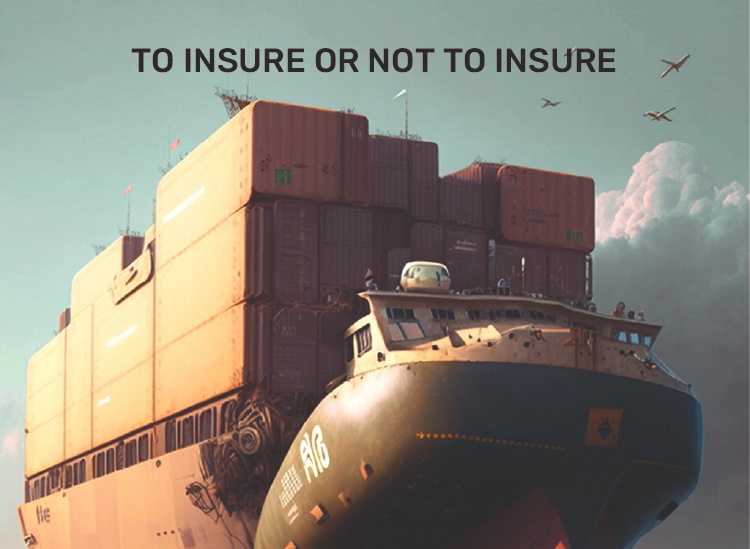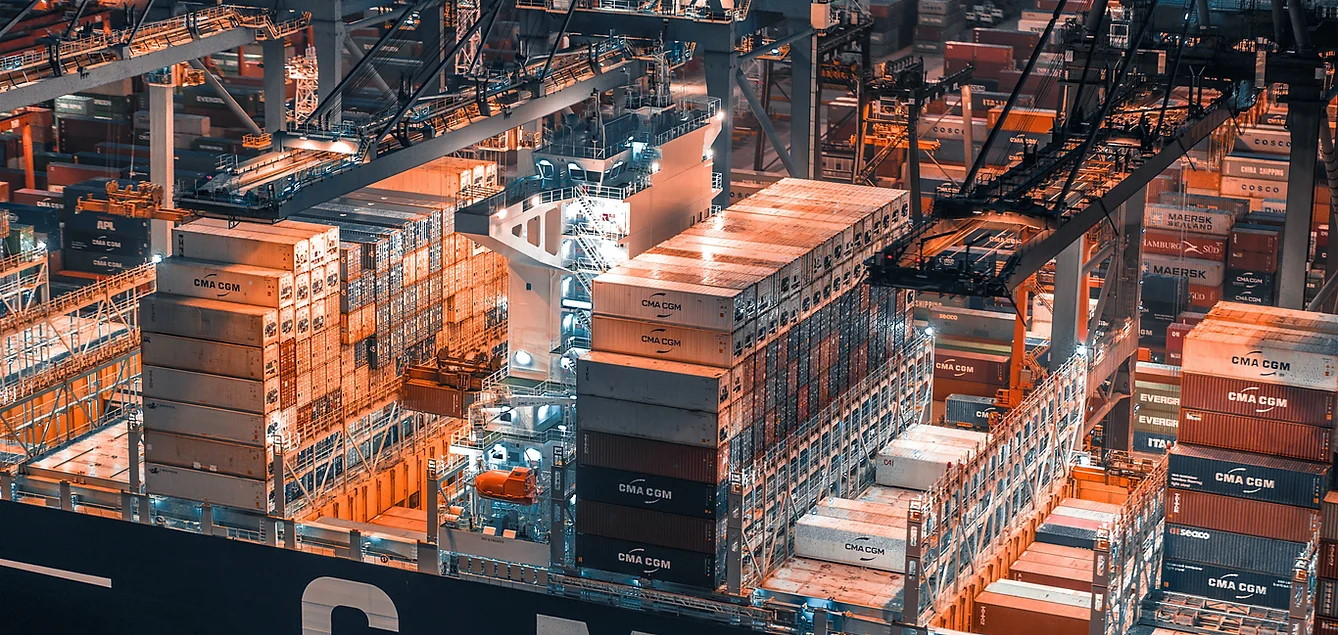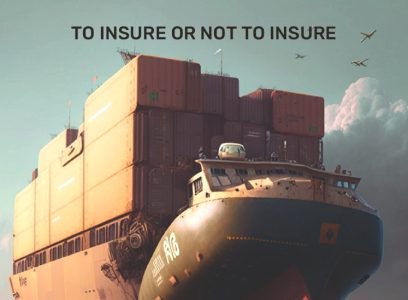
Content
1. Introduction
2. Difficulties in making a decision when insuring cargo
3. A few cases from practice:
3.1. Insurance case 1. International road transportation
3.2. Insurance case 2. Domestic road transportation
3.3. Insurance case 3. Sea container transportation
3.4. Insurance case… that never occurred
Introduction
Logistics are often faced with whether to insure the cargo moving through the supply chain. So, the insurance institute was created to make it possible to insure risks. If you are a hired logistics, then at the very least you need to calculate and offer the option of calculating the cost price taking into account insurance costs. And if you are an owner or investor, you should always make decisions with a “calculator in your hand”.
Difficulties in making a decision when insuring cargo
In my opinion, the low probability of an insured event occurring is the main deterrent to making a decision on cargo insurance. Apart from that, I would single out a few more:
– complex contracts with a lot of terms and conditions in the “fine print”. Does everyone remember what a general agreement with an insurance company usually looks like?
– sometimes a complicated procedure for recording and processing an insured event. For example, the occurrence of an insured event with cargo on board a vessel that is at the berth for unloading will always be associated with the occurrence of demurrage. And then you will need to resolve the issue of its registration and payment.
– registration and payment of damages. It’s no secret that the payment of damages can be extended over time. It may be accompanied by litigation. And sometimes it can be denied altogether.
A few cases from practice:
However, all these difficulties did not prevent me from avoiding losses in several insurance cases.
Insurance case 1. International road transportation
At the time, I was working with a large insurance company. The contract was concluded quite a while ago. They insured both imported cargo and cargo transported domestically between branches. Insurance certificates were standardized and issued very quickly. And insurance premiums were paid according to established payment schedules.
It was a transportation of household appliances in a complete truck and the first from a new supplier. You can roughly imagine the insurance value. The route of transportation: Spain-Ukraine. The insurance certificate was issued, and the cargo was insured. When the truck arrived at the warehouse for unloading, to our regret, we found several pieces of equipment that were damaged. The cargo was stacked. And the packaging of several lower units of equipment, which at first glance seemed strong, simply broke in the process of transportation. The fact of the insured event was duly recorded. All documents were submitted to the insurance company. The indemnity was paid shortly afterward.
Insurance case 2. Domestic road transportation
Another insured event was recorded at about the same time as my work. At that time, expensive goods were also being transported, but from the central warehouse to one of the branches within the country. The insurance certificate was issued, and the cargo was insured.
On the route at night, the truck was opened and several boxes of goods were stolen on the move. That time, the difficulty with fixing and processing the insurance event was due to the late detection of the opening of the truck. Everything happened at night, but it was discovered much later and not at the place of theft.
The damage was paid in this case as well. But then the insurance company made a claim against the carrier, and the latter had difficulty proving its innocence. Because the police report was filed in another region and with a slight delay.
Insurance case 3. Sea and container transportation
To be honest, I have some complaints about the law of the sea. One of them is that it has not been updated on a large scale for a long time.
This insured event occurred with a raw material cargo. The cargo was delivered in sea containers from Marseille, France to Odessa, Ukraine. It is important to note that the shipper and consignee under the bill of lading were the parent and subsidiary companies of the same corporation. The cargo was delivered on CIF terms. The beneficiary under the insurance was the parent company, which was also the shipper.
One beautiful sunny day, somewhere off the coast of Greece, the captain runs the ship aground. Naturally, he declares a general accident. A long letter arrives at our office describing the situation and demanding that we take a “material” part in the rescue of the cargo. My indignation knew no bounds. At that time, my claims to maritime law were just being formed. Without even reading the story from the shipping line, I simply sent it to the shipper, the parent company. On my own behalf, of course, I filed a claim for non-delivery of the goods.
The story ended with the fact that we never saw those containers. I refused to take any part in the proceedings. And we had to satisfy the client’s needs by delivering the goods by truck, of course, with compensation for the difference in price.
An insurance case… that never happened
I want to share another story. It is not about an insured event. Rather, it is about the approach to making a decision on cargo insurance.
One of my friends, the owner of a trading company, supplies building materials by ship (river-sea). Here are some boring numbers. He shipped about 60K tons per year. The average cost of a lot is about $150K. The average profitability of 10% brought him about $15K in revenue. The level of insurance premium was on average about 0.3% of the value of the cargo.
So, he had never insured his cargo, even though it was transported by a fairly “elderly” fleet. He would pick up a calculator and calculate how much insurance would cost him. Each shipment would cost him about $450. With a fairly high probability of an insured event occurring, the number of such events in his practice was 0. And he, as the owner of the company, made the following decision for himself – not to insure.
The decision to insure or not to insure cargo is always yours to make. My own practical experience shows that it is necessary to insure cargo. And that is what we are happy to do when we take on the management of your material flows.
Author: Mykola Soloviov
You will also be interested in: DETERMINING THE TYPE OF TRANSPORT.





